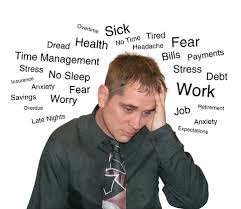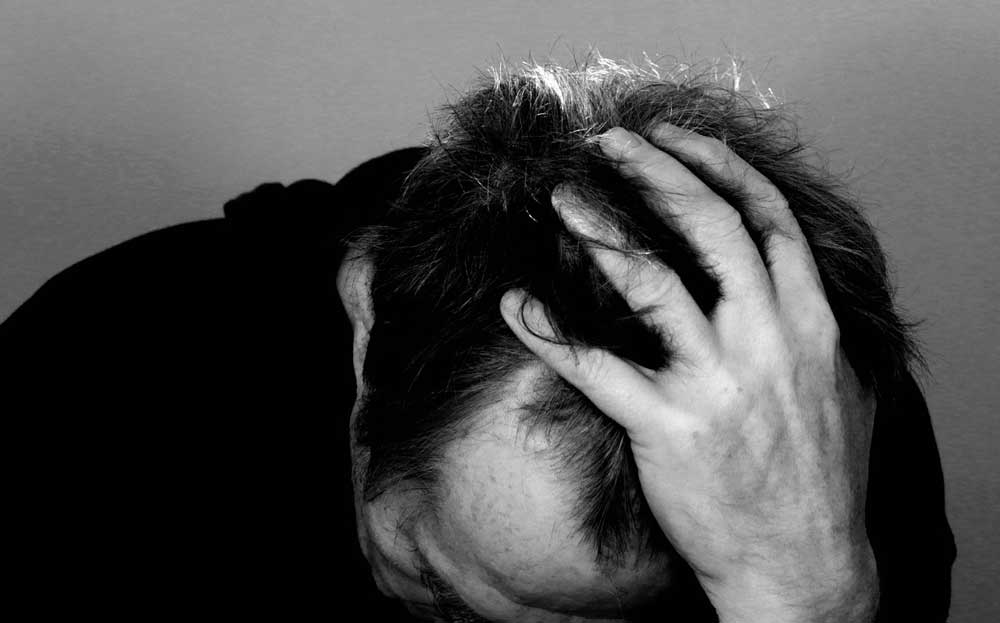Addressing denial element in addiction

Addressing denial element in addiction by coming to terms with the problem in good time
Addressing denial element in addiction: Various signs and symptoms of substance abuse
When dealing with substance abuse, the very first point of action should be addressing denial element where applicable. And having done so, doctor Dalal Akoury MD, a veteran addiction expert and also the founder of AWAREmed Health and Wellness Health Resource Center says that, the next step is to move further and trace the various signs and symptoms of substance abuse in your life. In other words, if you’re wondering whether you have a substance abuse problem, the following questions may be of help. Depending on how you respond to them will give an indication whether you have a drinking problem or your drug use is a problem. In other words, when your response has more yes than no then chances are that you have a problem which needs to be fixed immediately.
- Do you ever feel bad, guilty, or ashamed about your drinking or drug use?
- Do you ever tell lies about how much or how often you drink or use drugs?
- Have your alcohol or drug use gotten you into trouble at work or with the law?
- Has your alcohol or drug use caused problems in your relationships, as in marriage, workplace?
- Have members of your family or friends showed concern about your alcohol or drug use?
- Have you ever blacked out from drinking or drug use?
- Have you ever felt you should cut down on your drinking or drug use?
- Have you tried to cut back, but just couldn’t?
- On more than one occasion, have you done or said something while drunk or high that you later regretted and wished you didn’t?
Addressing denial element in addiction: Co-occurring disorders and depression
The mental health problems that most commonly co-occur with substance abuse are depression, anxiety disorders, and bipolar disorder. The others may include:
- Feelings of helplessness and hopelessness
- Loss of interest in daily activities
- Inability to experience pleasure
- Appetite or weight changes
- Sleep changes
- Loss of energy
- Strong feelings of worthlessness or guilt
- Concentration problems
- Anger, physical pain, and reckless behavior (especially in men)
Addressing denial element in addiction: Mania in bipolar disorder
- Feelings of euphoria or extreme irritability
- Unrealistic, grandiose beliefs
- Decreased need for sleep
- Increased energy
- Rapid speech and racing thoughts
- Impaired judgment and impulsivity
- Hyperactivity
- Anger or rage
Addressing denial element in addiction: Anxiety
- Excessive tension and worry
- Feeling restless or jumpy
- Irritability or feeling “on edge”
- Racing heart or shortness of breath
- Nausea, trembling, or dizziness
- Muscle tension, headaches
- Trouble concentrating
- Insomnia
Finally, it amazes me how we often get the best information and fail to implement them. We all want to live healthy lives free from all manner of addictions and mental health complications but on the other hand, we find it difficult to conform to certain standards of life that are deemed healthy and productive. That really amazes me, however knowing that these drugs are very addictive, we have a duty to change things professionally. When you visit us at AWAREmed Health and Wellness Resource Center, we will evaluate your individual conditions and professionally administer treatment to your individual needs that will leave you full of life free from addiction and ready to go places. You can talk to us today by calling doctor Dalal Akoury to schedule for your appointment.
Addressing denial element in addiction: Various signs and symptoms of substance abuse






